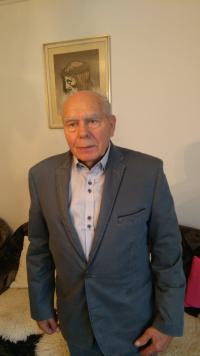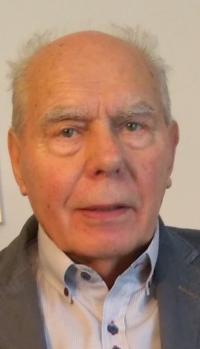We were used to work hard, and that’s what saved us in those strenuous times

Stáhnout obrázek
Alojz Kováč was born on May 23, 1930 in Tvrdošín in a common farming family from Orava region. During the Slovak National Uprising, as a growing-up boy, he became a witness of many local war events. After the communist takeover, in 1948 his young brother Anton, yet as a minor, attempted to flee abroad, due to what he was tried and sentenced to 5 years of imprisonment. Moreover, Alojz‘s family refused to join the agricultural cooperative or hand in their property. Resulting from these circumstances, he had to serve in Auxiliary Technical Battalions (PTP) in years 1951 -1953. Within this penal military service he was assigned to the hardest mining labor in the mine Ludvík, in Ostrava - Radvanice region. In 1956 he got married to Mária Lisová and together they had 7 children. He spent his working life as a car mechanic for Czechoslovak State Forests, later as a member of the Public Fire Brigade in Tvrdošín. Because of his cadre profile and unwillingness to enter the Communist Party, he was disadvantaged during the whole period of the communist regime. Since 1989 he has lived retired in Tvrdošín.

